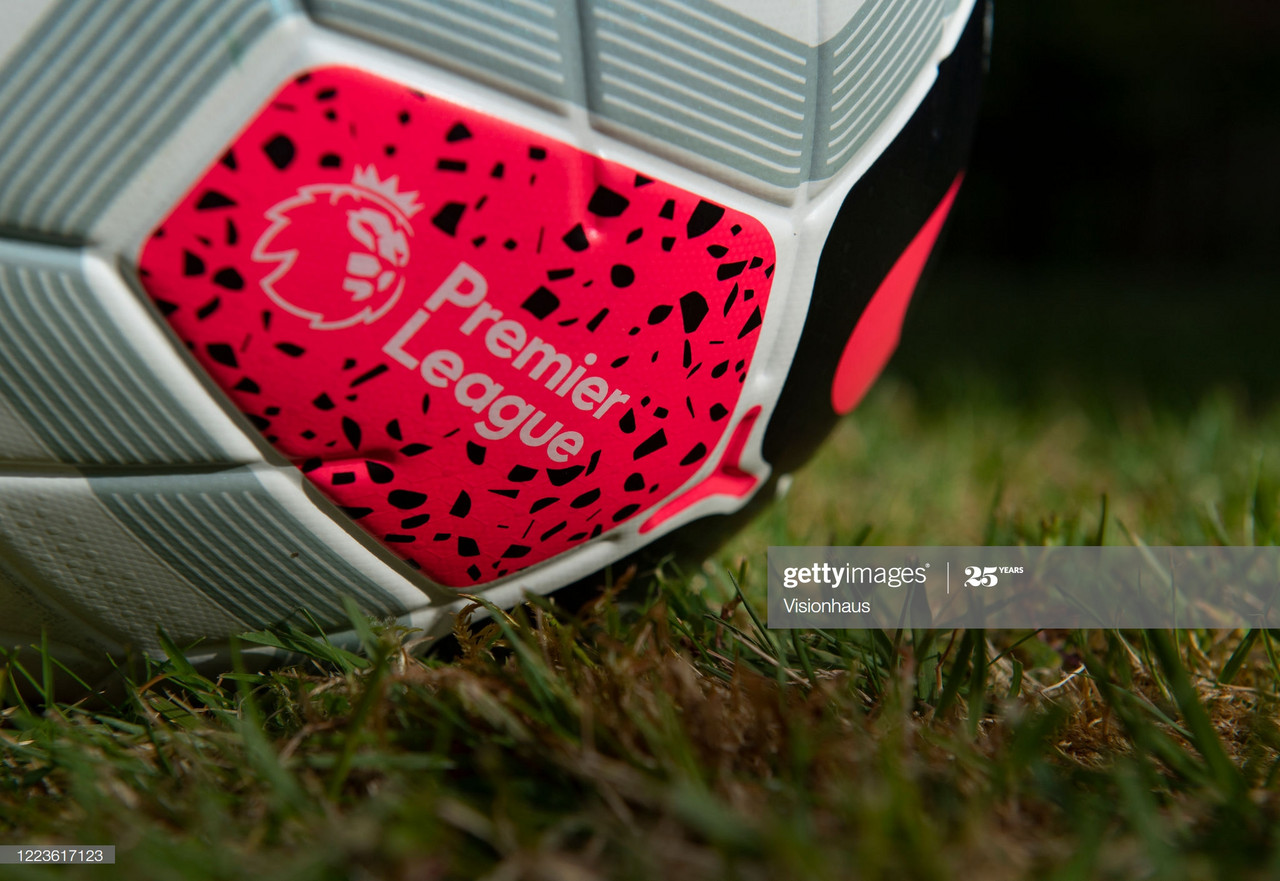“How can the long-term future of clubs be determined under these fundamentally changed conditions? How is there any semblance of fairness? To wave aside all the fears and concerns is too simplistic. Surely all 20 clubs must agree the fairest way forward to complete the season?”
Those were a series of poignant questions posed by Scott Duxbury, chairman and CEO of Watford Football Club, as part of an article recently published in The Times. He became the third Premier League executive to openly speak out against the conditions proposed in order to facilitate the resumption of elite football in England, joining those of Brighton & Hove Albion and Aston Villa.
If the coronavirus crisis has taught us anything, it’s that the protection of life is and should be humankind’s greatest concern. That figure of more than 275,000 deaths worldwide is truly devastating. But the economy is not thus rendered insignificant — of course Prime Minister Boris Johnson and his cronies are thinking of ways to get money moving again in the United Kingdom.
Football is one of Europe's biggest industries, worth a staggering £25billion, and the Premier League, with its pioneering broadcasting and some of the world’s biggest and richest clubs, accounts for the largest share of that figure among the continent’s top five divisions.
As such, the government have been liaising with chiefs from the 20 clubs forming England’s top tier to establish conditions which would enable football to return to action in the coming weeks. It had already been presupposed that any remaining fixtures in the 2019/20 season would necessarily be played without supporters in attendance; the stumbling block in talks has arisen over the use of neutral venues.
‘Project Restart’ proposes that eight to ten grounds, situated in suitably isolated and relatively unaffected areas of the country, are selected to host the 92 matches left to be contested in this campaign. No club would play any of their fixtures at their own stadium should it be one of the chosen venues.
If this current season had been nulled and voided with another beginning under the suggested conditions, there would doubtless be less opposition to the proposal. But in these circumstances, resistance — stemming mainly from the bottom six clubs who are currently threatened with relegation — is hardly surprising.
The bottom six make the case that a season must be completed as closely as possible in the conditions under which it was started, though an obvious exception can be made for the absence of supporters, who will likely not be able to attend football matches in England until 2021 at the earliest.
Finishing the campaign in conditions entirely dissimilar to those in which the first three-quarters were played is regarded by those towards the foot of the table as an aberration, a view likely motivated by an unwillingness to surrender their remaining home fixtures amid the battle for safety.
But the rest of the league may ask: without the buzz of the crowd, does playing at home really bring an advantage? Perhaps an appropriate respondent to that question would be Watford head coach Nigel Pearson, who rescued Leicester City from the jaws of relegation to the Championship thanks in no small part to five home wins out of a possible six from the final nine games of the 2014/15 season.
And with 13 of the 18 points he's amassed for the Hornets since joining in December won at Vicarage Road, Pearson and his opposite numbers in the bottom six could be forgiven for believing home advantage will once again play a key role in determining who survives and who drops.
It could be familiarity that makes the all-important difference between victory and defeat; the customarily short trip to the stadium, the dressing room, the tunnel, the dugout, the dimensions of the pitch, the overall rhythm of a matchday at home. The role these factors play in the psychological facets of a football match should not be forgotten — of course home advantage exists without fans in attendance.
A vote will be held on Monday with the aim of resolving this matter. Conveniently for the rest of the league, 14 of the 20 clubs opting in favour would be enough to give the neutral venues approach the green light, though it is thought that there may be more teams silently opposed to the proposals. One executive told The Athletic: "It's being driven by the clubs with a lot to gain and not a lot to lose."
The Premier League has threatened to impose sanctions on any clubs expressing resistance towards these particular plans for the future, only begging the question as to why a vote is even being held in the first place. Do these extraordinary times truly justify democracy's increasingly dictatorial nature?
Germany's Bundesliga announced earlier in the month that its season will be completed with clubs playing their remaining fixtures at the venues to which they were originally assigned; is that not a feasible solution here? Why is it that 4th-from-bottom Mainz could be granted undeniably more forgiving circumstances in which to fight for survival than Watford in the same position here?
But League Managers Association chief executive Richard Bevan believes the season could be cancelled if clubs fail to agree on the use of neutral venues. Perhaps that would be the most appropriate outcome anyway if righteousness and fairness have been drained to scarcity.
Of course the bottom six want to be able to play their remaining home games in familiar surroundings; every little advantage counts in a relegation dogfight worth hundreds of millions. Of course Liverpool will back any scheme enabling a resumption and conclusion of the season; they will claim their first league title in 30 years regardless. The Premier League comprises 20 different vested interests and it is no surprise whatsoever that some have clashed, and they will invariably continue to do so.
Project Restart is not then inadequate because it fails to satisfy the wishes of each and every club in the division; it's inadequate because it doesn't even try. The suggestion of neutral venues was bound from the beginning to cause rifts throughout the league. But if there are indeed more executives quietly opposed to the proposition, they may now have been browbeaten into silent compliance by threats from the governing body.
It's also inadequate because it shows next to no concern for the players and other members of staff who may be especially exposed to the virus should football resume, obliged to break the social distancing measures designed to protect them. The main compromise in response to that issue, to play games at neutral grounds, is and will remain unacceptable in a competitive sense to a proportion of the league's clubs.
But Premier League survival is a desperate concern for clubs such as Watford, who rely heavily on broadcasting revenue and prize money to ensure financial stability. They, like those around them, want to have the chance to stay up. Football is a competition, and the Hornets, along with Brighton and Villa and any other outfit, will do everything in their power to ensure that they succeed, but primarily and crucially that they do not flounder.
This situation is not fair on anyone. As Duxbury said, a solution bearing any morsel of equity and integrity can only arise if it is agreed on by all 20 Premier League clubs. If that’s too difficult, perhaps now is too early to consider the resumption of elite football in England; there are more pressing things to squabble over than the venues of sporting events.










































